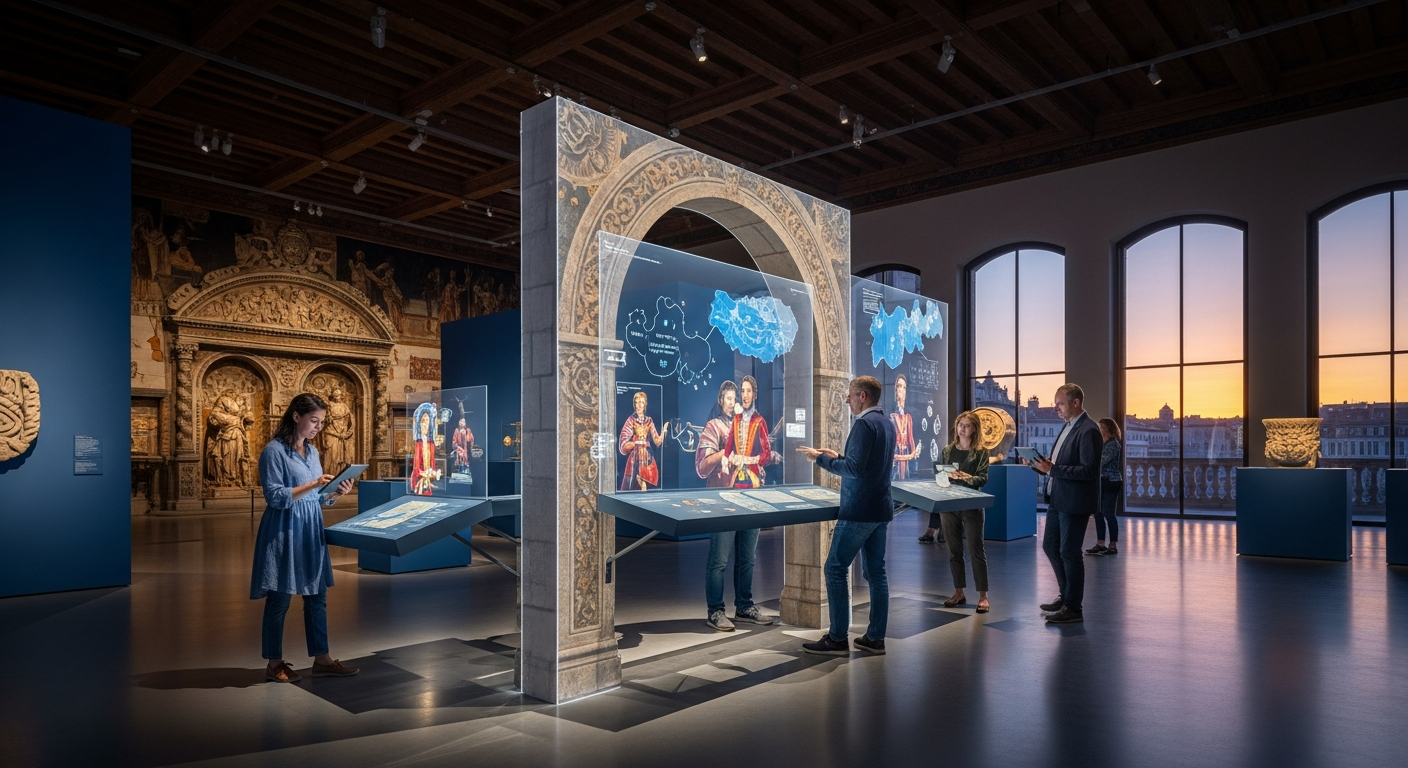"The Reshaping of Theatre in the Digital Age: A Narrative of Change"
Theatre, a centuries-old art form, is on the brink of a revolution. As the world becomes increasingly digital, so too does the stage. This article delves into the digital transformation of theatre, tracing its roots, current developments, and the impact it has on performers, audiences, and the art form itself.

The Genesis of Digital Theatre
The concept of digital theatre has its roots in the late 20th century, with the advent of the Internet and digital media. The initial foray into this new realm was through the recording and broadcasting of live performances, which was met with mixed reactions from both audiences and critics alike. Critics argued that the essence of theatre – its immediacy and the shared sense of community – was lost in the transition.
The Leap into Virtual Reality
The real shift, however, began with the advent of virtual reality (VR) technology. This allowed for a more immersive experience, enabling audiences to feel as if they were part of the performance. The Royal Shakespeare Company’s 2016 production of “The Tempest” employed this technology, using motion capture to create a digital avatar of the spirit Ariel, played by actor Mark Quartley.
The Pandemic’s Push towards Digital
The Covid-19 pandemic pushed this digital shift into overdrive. With theatres around the world shuttered, many turned to digital platforms to stream performances. The National Theatre in London, for instance, launched its ‘National Theatre at Home’ initiative, streaming a selection of its past productions for free on YouTube.
The Impact on Theatre
The digital transition has been met with both enthusiasm and skepticism. Critics argue that the digital medium dilutes the communal experience of theatre. However, proponents point out that it allows for greater accessibility, reaching audiences that may not otherwise have access to theatre due to geographical or financial restrictions.
The Future of Digital Theatre
While it is still too early to predict the full impact of this digital shift, it is clear that the landscape of theatre is changing. As technology continues to advance, theatre will continue to evolve and adapt. Whether this means a complete transition to digital, or a hybrid of live and digital performances, only time will tell.
Theatre, an art form that has endured for millennia, is once again adapting to the times. As it embraces the digital age, it continues to prove its resilience and relevance, offering audiences new and exciting ways to experience this timeless form of storytelling.




